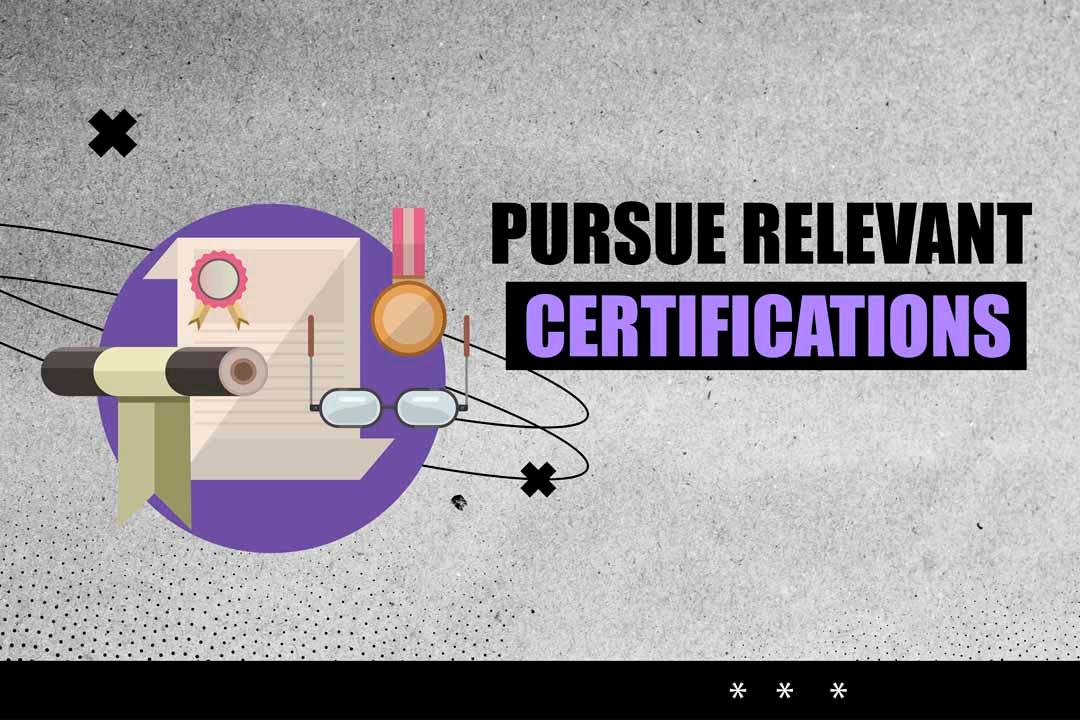By Sara Delgado - Senior Editor | Last updated: June 22, 2025 | 7 Min Read

Becoming a cybersecurity analyst is an exciting career choice in today’s digital world. As cyber threats grow, the demand for skilled professionals to protect data and systems is higher than ever. If you're wondering how to become a cybersecurity analyst, you're heading toward a secure and rewarding field.
A cybersecurity analyst is essential in preventing security breaches and unauthorized access. With the right technical skills and hands-on experience, you can start your journey into this high-demand career.
In this blog, we’ll cover the key steps and skills needed to become a successful cybersecurity analyst and build a strong foundation for your future in the cybersecurity field.
A cybersecurity analyst is responsible for protecting an organization's digital assets and information systems. They work to prevent, detect, and respond to security breaches, cyber attacks, and potential vulnerabilities in an organization's infrastructure. Cybersecurity analysts use various tools like antivirus software, incident response protocols, and risk assessments to identify and mitigate cyber threats.
Their main job revolves around identifying unauthorized access to systems, analyzing potential threats, and ensuring that the organization’s data remains safe. With cyber attacks becoming increasingly advanced, the demand for skilled cybersecurity analysts is more urgent than ever.
Becoming a cybersecurity analyst requires a strategic blend of education, practical experience, certifications, and both technical and soft skills. Below is a detailed guide to help you launch and thrive in your cybersecurity career:
Starting with a degree in cybersecurity or a related field lays the groundwork for a strong cybersecurity career. It combines academic theory with practical exposure, preparing you for real-world challenges.

While education builds a foundation, practical experience transforms knowledge into skill. Employers highly value candidates who’ve worked in real-world environments and can confidently handle security breaches.

Certifications validate your technical skills and help you stand out in the competitive cybersecurity career landscape. They're especially valuable if you’re switching fields or don’t yet have a formal degree.
While technical know-how is essential, soft skills play a major role in a successful cybersecurity career. These interpersonal abilities help analysts communicate, collaborate, and make informed decisions under pressure.

Building a professional network is very important for mentorship, learning, and new job opportunities within the cybersecurity field. It’s also a great way to stay updated on industry trends and emerging cyber threats.
The demand for cybersecurity analysts has been on the rise, thanks to the growing number of cyber threats and security breaches. Here are some key skills and abilities required to thrive as a cybersecurity analyst:
A cybersecurity analyst must be proficient in various technical aspects such as vulnerability assessment, incident response, and risk management. Tools like antivirus software and firewall configuration will be essential in your daily tasks. You’ll need to stay up-to-date with the latest cybersecurity trends and tactics used by attackers.
In addition to technical skills, communication skills and problem-solving abilities are vital. As a cybersecurity analyst, you’ll often need to explain complex cybersecurity concepts to individuals who may not be familiar with technical jargon.
Your ability to analyze cyber threats and potential vulnerabilities is crucial. You'll need to quickly assess situations and determine the best course of action to prevent or mitigate risks.
Building a career as a cybersecurity analyst is both rewarding and in high demand. With rising cyber threats, organizations need skilled professionals to prevent security breaches and ensure data safety. By gaining a degree in cybersecurity, building hands-on experience, and sharpening both technical and soft skills, you'll be prepared for a thriving cybersecurity career. Plus, the annual salary is competitive, making it a smart and impactful path forward.
To become a cybersecurity analyst, you typically need a degree in cybersecurity with relevant certifications such as CISSP or CEH. Hands-on experience and technical skills are also highly valuable.
Yes, many individuals start in entry-level positions such as IT support or network security roles to gain experience before moving into a full-fledged cybersecurity career.
The annual salary for a cybersecurity analyst varies depending on experience and location, but it is typically quite competitive. Senior-level analysts can earn even more, especially in large organizations.
Key skills include technical skills, analytical skills, incident response, communication skills, and a strong understanding of risk management and vulnerability assessments.
Yes, ethical hacking is often part of a cybersecurity analyst's job, especially when it comes to identifying potential threats and vulnerabilities through controlled hacking techniques.
Get the latest updates from the world of science and technology delivered straight to your inbox.

Sara Delgado is a freelance writer, editor, and translator specializing in culture and fashion content with experience across digital, print, and social media based in Madrid, Spain. She was previously the online editor of Schön! Magazine and is now a contributing editor-at-large at Teen Vogue. She has written for Dazed, The Recording Academy, NME, Nylon, BRICK, and many more.
Subscribe to our newsletter to get the latest updates directly in your inbox.

Explore how generative AI product prototype tools speed up and enhance design workflows. Discover top benefits for modern creators.
Discover how to prepare for blockchain developer jobs with essential skills and tools. Master key technologies and boost your career potential today.
15/07/2025
Discover how cloud computing in the healthcare industry is transforming patient care, data management, and operational efficiency in 2025.
16/07/2025
Master AI outputs with this prompt engineering cheat sheet. Learn how to craft better prompts for smarter, faster results in 2025.
16/07/2025
Discover how to start using Python for data analysis with this beginner’s guide. Learn the essential tools, libraries, and steps to analyze data effectively.
17/07/2025